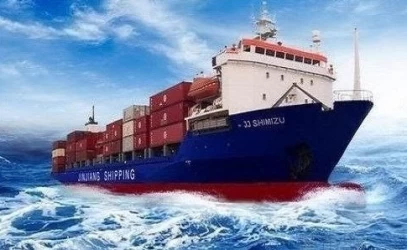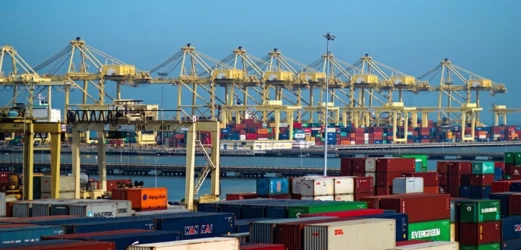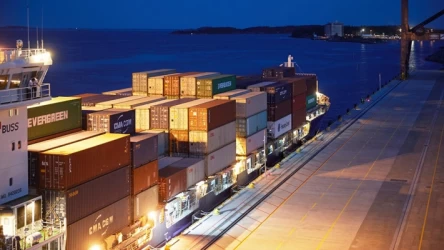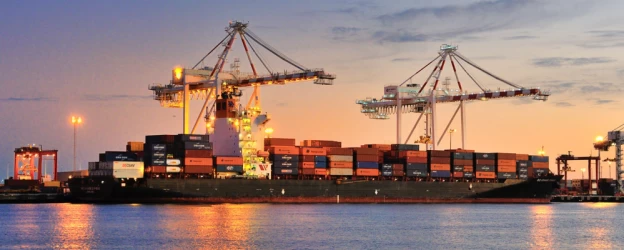Guide to trade with Djibouti, sea freight
Djibouti, a small yet strategically located country in the Horn of Africa, serves as a crucial hub for international trade and maritime transportation. Its position at the crossroads of major shipping routes, particularly the Red Sea and the Gulf of Aden, makes it an essential gateway for trade between Asia, Europe, and Africa. This article will provide an in-depth exploration of the trading landscape in Djibouti, the intricacies of maritime transportation, and key considerations for businesses looking to engage in trade with this nation.
Geographical Significance of Djibouti
Djibouti's geographical location is one of its most significant assets. Situated near the Bab el Mandeb Strait, one of the busiest maritime chokepoints globally, it provides easy access to the Red Sea and the Suez Canal. This strategic positioning allows Djibouti to facilitate trade not only for its own economy but also for neighboring landlocked countries like Ethiopia, making it a vital point for regional logistics and transportation.
Economic Overview of Djibouti
Djibouti's economy is predominantly service-oriented, with the port sector playing a pivotal role. The country has invested heavily in its port infrastructure, transforming it into a modern and efficient logistics hub. The main economic activities include:
- Port Services: The Port of Djibouti is the largest in the country and handles a significant volume of cargo for both domestic and transit trade.
- Free Trade Zones: Djibouti offers free trade zones that attract foreign investment by providing tax incentives and streamlined customs procedures.
- Logistics and Transportation Services: The logistics sector is crucial for facilitating the movement of goods, both locally and regionally.
Trade with Djibouti
Djibouti's trade environment is characterized by its open-market policies and its appeal to foreign investors. Key aspects of trading with Djibouti include:
- Major Imports and Exports:
- Imports: Djibouti primarily imports food, consumer goods, machinery, and fuels.
- Exports: The country exports livestock, coffee, and some agricultural products, but its trade balance is heavily weighted towards imports.
- Market Opportunities:
- With its expanding logistics sector, Djibouti presents opportunities for businesses in shipping, warehousing, and distribution.
- The free trade zones offer a conducive environment for foreign companies to set up operations.
- Business Environment:
- Djibouti has established a favorable business climate, marked by regulatory reforms aimed at simplifying business operations.
- Investors should familiarize themselves with local laws, customs regulations, and the business culture to navigate the trade landscape effectively.
Maritime Transportation to Djibouti
Maritime transportation is the backbone of trade in Djibouti. The country’s ports are equipped to handle various types of vessels and cargo. Key elements of maritime transportation include:
- Major Ports:
- Port of Djibouti: The primary port, equipped to handle containers, bulk cargo, and general cargo. It serves as the main entry point for goods entering the country and for transit to Ethiopia.
- Doraleh Container Terminal: A modern facility that significantly enhances the capacity for container handling, playing a crucial role in trade efficiency.
- Types of Vessels:
- General Cargo Ships: For transporting a wide range of goods including machinery, textiles, and consumer products.
- Container Ships: These vessels are designed for the rapid loading and unloading of containerized cargo, facilitating efficient trade.
- Bulk Carriers: Used for transporting large quantities of raw materials such as grains and minerals.
- Shipping Regulations:
- It is essential for businesses to comply with Djibouti’s shipping regulations, which include customs documentation, safety standards, and environmental regulations.
- Logistics and Supply Chain Management:
- Effective logistics management is crucial for ensuring timely delivery of goods. Businesses should consider partnerships with local logistics companies to navigate the complexities of transportation in Djibouti.
Challenges in Trade and Maritime Transportation
While Djibouti presents numerous opportunities, there are challenges that businesses may encounter:
- Infrastructure Limitations: Although Djibouti has made significant investments in its port infrastructure, congestion can still occur, impacting shipping schedules and delivery times.
- Dependence on Regional Stability: Djibouti’s economy is closely tied to the political and economic stability of the Horn of Africa. Any regional disruptions can affect trade routes and logistics.
- Regulatory Compliance: Navigating the regulatory landscape can be complex, requiring businesses to stay informed about changes in trade laws and customs regulations.
Conclusion
Djibouti is poised to continue its growth as a critical trade hub in the region, thanks to its strategic location and investments in infrastructure. For businesses looking to engage in trade with Djibouti, understanding the local market dynamics, navigating the maritime transportation system, and establishing strong logistics partnerships are essential. By leveraging the opportunities presented by Djibouti’s open-market policies and modern port facilities, businesses can effectively tap into this growing market and expand their international reach.
If you have any specific questions or need further assistance, feel free to ask!











